The main difference between an air purifier and a humidifier is that an air purifier cleans the air, while a humidifier adds moisture to it. This article explains the differences between these two devices, their benefits, and how to choose the right one for your needs to improve your indoor air quality and respiratory health.
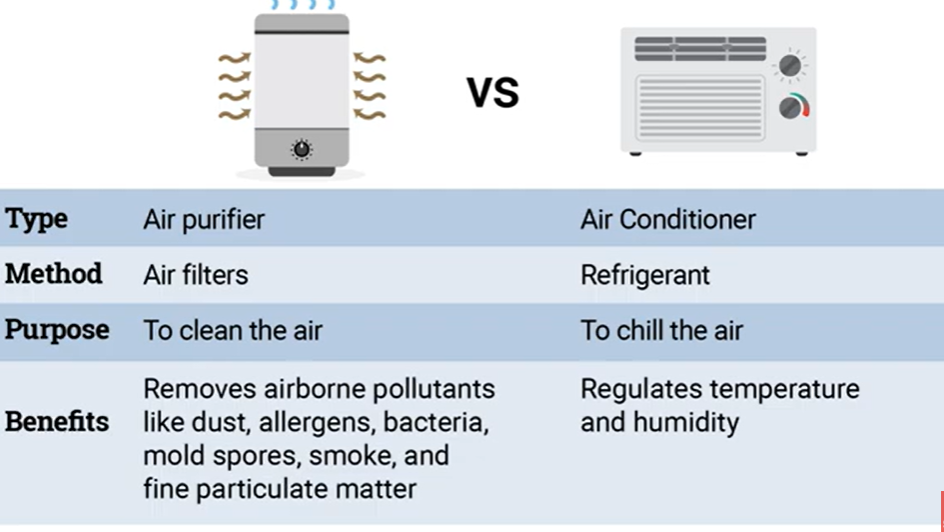
Air Purifier vs Humidifier: Core Functions
Air purifiers and humidifiers both contribute to a healthier home environment, but they achieve this through different methods. It’s important to distinguish between their core functions to appreciate how they impact indoor air quality.
Air Purifiers: Cleaning the Air
Air purifiers are designed to remove pollutants from the air. They work by drawing air in, filtering it, and then releasing the cleaned air back into the room. The types of pollutants they can remove include:
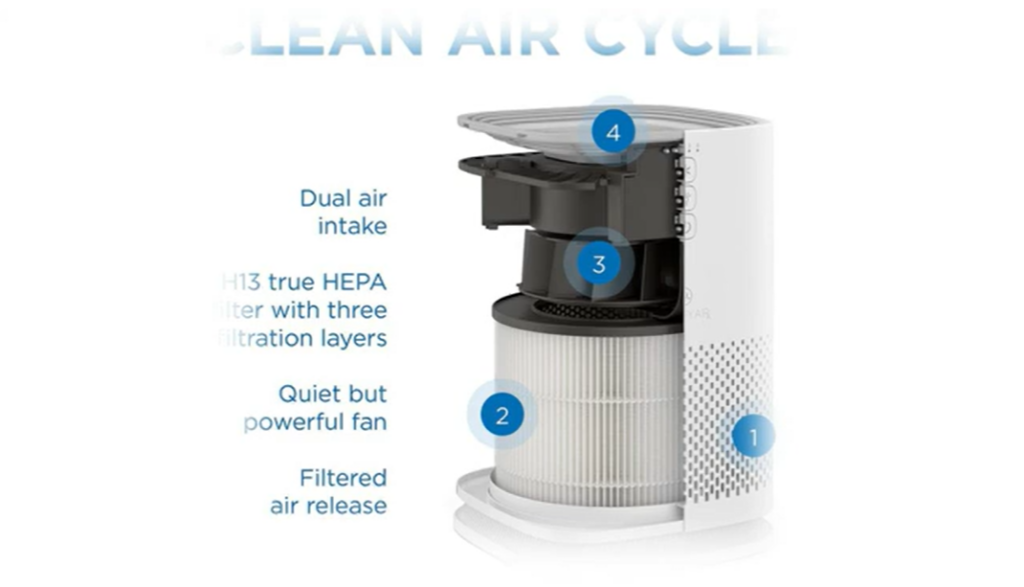
- Allergens: Pollen, dust mites, pet dander
- Particles: Dust, smoke, and smog
- Odors: From pets, cooking, or chemicals
- Volatile Organic Compounds (VOCs): Gases released from paints, cleaning products, and other household items.
Air purification is achieved through various filter types, each targeting specific pollutants.
Humidifiers: Adding Moisture to the Air
Humidifiers increase the moisture content in the air. They release water vapor into the room, raising the humidity level. This can be particularly beneficial in dry climates or during winter months when heating systems can dry out indoor air. Benefits of using a humidifier include:
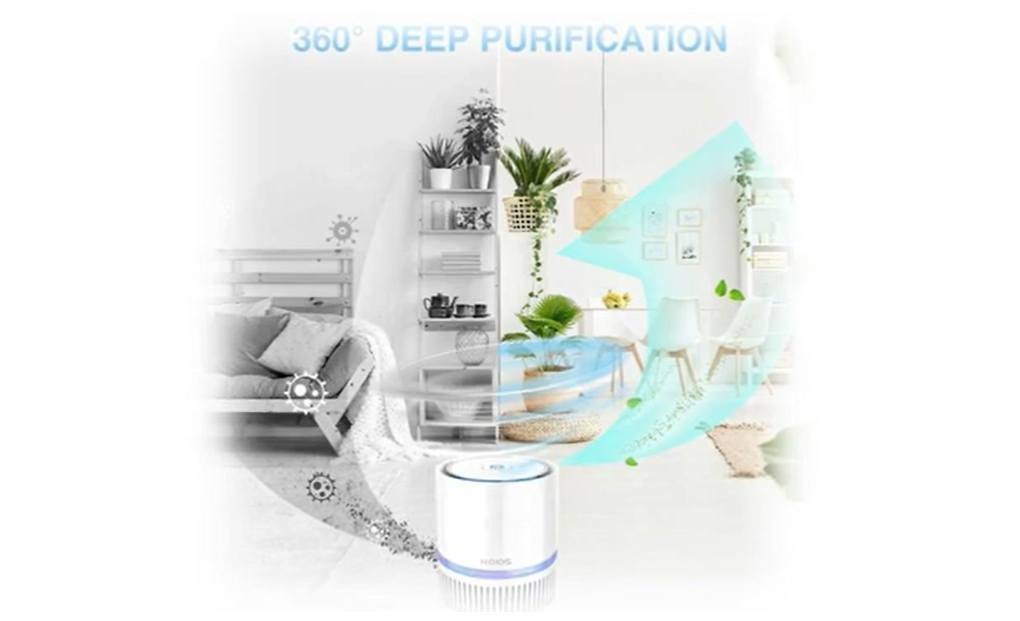
- Relief from Dry Air: Soothes dry skin, chapped lips, and dry nasal passages.
- Reduced Static Electricity: Prevents static shocks.
- Protection for Wood Furniture: Helps prevent cracking and warping.
- Easier Breathing: Moist air can ease breathing for people with respiratory issues.
Air Purifier Benefits: Breathe Easier
The air purifier benefits are significant for those seeking to improve their respiratory health and overall well-being.
Removing Allergens
Many suffer from allergies triggered by indoor allergens. Air purifiers equipped with HEPA (High-Efficiency Particulate Air) filters can capture:
- Pollen
- Pet dander
- Dust mites
- Mold spores
By removing these allergens, air purifiers can significantly reduce allergy symptoms like sneezing, coughing, and itchy eyes.
Eliminating Dust and Particles
Dust and other small particles can irritate the respiratory system and worsen existing conditions. Air purifiers trap these particles, preventing them from circulating in the air and being inhaled. This is especially helpful for those with asthma or other respiratory sensitivities.
Neutralizing Odors and VOCs
Air purifiers with activated carbon filters can absorb odors from cooking, pets, and other sources. They can also remove volatile organic compounds (VOCs), harmful gases released from household products. This can lead to fresher, cleaner-smelling indoor air and reduce exposure to potentially harmful chemicals.
Improving Air Quality
Overall, air purifiers contribute to improved air quality by removing pollutants and irritants from the air. This can lead to:
- Better sleep
- Increased energy levels
- Reduced respiratory symptoms
- A healthier indoor environment
Humidifier Benefits: Combatting Dry Air.
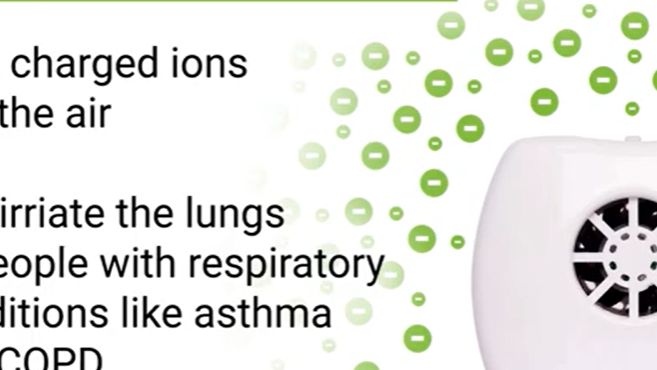
The humidifier benefits are most noticeable in dry environments, where low humidity can lead to various health and comfort issues.
Alleviating Dry Skin and Irritated Sinuses
Dry air can strip moisture from the skin, leading to dryness, itching, and cracking. Humidifiers add moisture back into the air, which can help to hydrate the skin and relieve these symptoms. Moist air can also soothe irritated sinuses and nasal passages, reducing congestion and discomfort.
Reducing Coughs and Sore Throats
Dry air can dry out the throat and airways, making them more susceptible to irritation and infection. Humidifiers keep the airways moist, which can help to soothe coughs, relieve sore throats, and reduce the risk of respiratory infections.
Preventing Static Electricity
Dry air is a major contributor to static electricity. Humidifiers increase the moisture content in the air, which reduces static buildup and prevents those annoying static shocks.
Protecting Wood Furniture
Dry air can cause wood furniture to dry out, crack, and warp. Humidifiers help maintain a proper humidity level, which can protect wood furniture and prevent damage.
Types of Air Purifiers
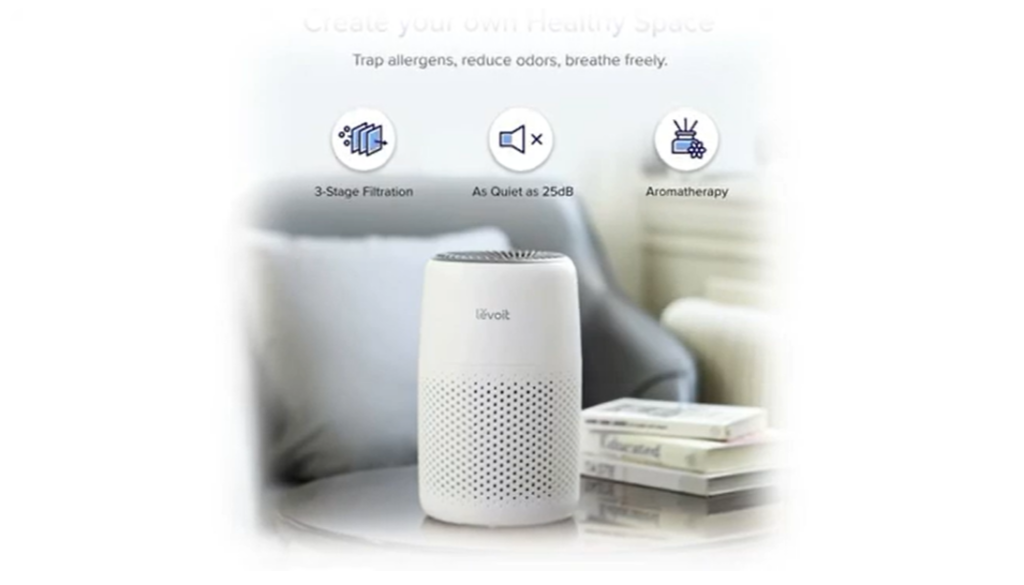
Several types of air purifiers are available, each using different filtration technologies.
HEPA Filters
HEPA filters are the most common type of air purifier filter. They are designed to capture at least 99.97% of particles that are 0.3 microns in size. This includes:
- Dust
- Pollen
- Pet dander
- Mold spores
- Smoke
Activated Carbon Filters
Activated carbon filters are effective at removing odors, gases, and VOCs from the air. They work by adsorbing these pollutants onto the surface of the carbon.
UV-C Light
UV-C light air purifiers use ultraviolet light to kill bacteria, viruses, and other microorganisms in the air. While effective at killing germs, they don’t remove particles or allergens.
Ionic Air Purifiers
Ionic air purifiers release negative ions into the air, which attach to airborne particles. This causes the particles to become heavier and fall to the ground. However, ionic air purifiers can also produce ozone, a harmful air pollutant.
Types of Humidifiers
There are various types of humidifiers, each using a different method to add moisture to the air.
Central Humidifiers
Central humidifiers are built into the home’s HVAC system. They are the most effective type of humidifier for humidifying the entire house.
Evaporative Humidifiers
Evaporative humidifiers use a fan to blow air through a wet wick or filter. The water evaporates into the air, increasing the humidity level.
Ultrasonic Humidifiers
Ultrasonic humidifiers use high-frequency sound vibrations to create a fine mist of water, which is then released into the air.
Steam Vaporizers
Steam vaporizers boil water and release steam into the air. They are effective at increasing humidity but can be dangerous if not used properly, as the hot steam can cause burns.
Impeller Humidifiers
Impeller humidifiers use a rotating disk to fling water into a diffuser, creating a fine mist. They are generally less expensive than other types of humidifiers but can be noisy.
Choosing the Right Device for Your Needs
When deciding between an air purifier and a humidifier, consider your specific needs and concerns.
Assessing Your Indoor Air Quality
Start by assessing the air quality in your home. Do you experience:
- Allergies?
- Asthma?
- Frequent colds or respiratory infections?
- Unpleasant odors?
- Dry skin or irritated sinuses?
If you suffer from allergies or asthma, an air purifier may be the best choice. If you experience dry skin or irritated sinuses, a humidifier may be more beneficial.
Considering Your Climate
The climate in your area can also influence your decision. If you live in a dry climate, a humidifier may be essential for maintaining comfortable humidity levels. If you live in an area with high levels of air pollution, an air purifier can help to improve the air quality in your home.
Evaluating Your Budget
Air purifiers and humidifiers range in price, so consider your budget when making your decision. HEPA air purifiers tend to be more expensive than other types of air purifiers. Central humidifiers are the most expensive type of humidifier, while evaporative and ultrasonic humidifiers are more affordable.
Considering Maintenance
Both air purifiers and humidifiers require regular maintenance. Air purifiers need their filters replaced regularly, while humidifiers need to be cleaned to prevent mold and bacteria growth.
Air Purifier vs Humidifier: A Quick Comparison
The table below provides a quick comparison of air purifiers and humidifiers.
| Feature | Air Purifier | Humidifier |
|---|---|---|
| Main Function | Cleans the air | Adds moisture to the air |
| Removes | Allergens, dust, odors, VOCs | N/A |
| Adds | N/A | Moisture |
| Best For | Allergies, asthma, poor air quality | Dry skin, irritated sinuses, dry air |
| Maintenance | Filter replacement | Cleaning to prevent mold/bacteria growth |
| Climate | Polluted areas | Dry climates |
Can I Use an Air Purifier and a Humidifier Together?
Yes, you can use an air purifier and a humidifier together, and in many cases, it can be beneficial. These devices address different aspects of indoor air quality, and using them in conjunction can create a healthier and more comfortable living environment. An air purifier removes pollutants and allergens, while a humidifier adds moisture to combat dryness.
How to use them together effectively:
- Placement: Position them strategically. The air purifier should be placed where it can circulate air effectively, away from obstructions. The humidifier should be placed where the moisture can disperse evenly without damaging surfaces.
- Maintenance: Keep both devices clean and well-maintained. Clean your humidifier regularly to prevent mold and bacteria growth, and replace the air purifier filter as recommended by the manufacturer.
- Monitoring: Monitor the humidity levels in your home to prevent over-humidification, which can lead to mold growth. An ideal humidity level is between 30-50%.
What is the Ideal Humidity Level?
The ideal humidity level for your home is between 30% and 50%. Maintaining humidity within this range can:
- Prevent the growth of mold and bacteria
- Reduce static electricity
- Protect wood furniture
- Provide comfort from dry air symptoms
Use a hygrometer to monitor the humidity levels in your home and adjust your humidifier accordingly.
Air Quality: The Bigger Picture
While air purifiers and humidifiers can help to improve air quality, it’s important to consider the bigger picture. Addressing other factors that contribute to poor air quality, such as ventilation, cleaning practices, and the use of low-VOC products, can further enhance your indoor environment.
Frequently Asked Questions (FAQ)
Q: Do air purifiers help with allergies?
Yes, air purifiers with HEPA filters can effectively remove allergens like pollen, pet dander, and dust mites from the air, reducing allergy symptoms.
Q: Can humidifiers cause mold?
Yes, if not cleaned regularly, humidifiers can promote mold and bacteria growth. Clean your humidifier frequently and monitor humidity levels to prevent this.
Q: Are air purifiers noisy?
Some air purifiers can be noisy, especially at higher fan speeds. Look for models with a “quiet” mode or a low noise level rating.
Q: Can I use tap water in my humidifier?
It’s generally recommended to use distilled water in humidifiers to prevent mineral buildup and the release of white dust into the air.
Q: How often should I change my air purifier filter?
The frequency of filter replacement depends on the type of filter and the air quality in your home. Refer to the manufacturer’s recommendations for specific guidance. A good rule of thumb is to replace filters every 3-6 months for standard filters, and 12 months for HEPA filters.
Q: Who is most likely to benefit from an air purifier?
People who suffer from allergies, asthma, or other respiratory conditions are most likely to benefit from an air purifier. Those living in polluted areas or with pets may also find them beneficial.
Q: What is a HEPA filter?
HEPA (High-Efficiency Particulate Air) filters are designed to capture at least 99.97% of particles that are 0.3 microns in size. They are the gold standard for air purification and are highly effective at removing allergens, dust, and other pollutants from the air.
My name is Carlos Gadd, and I am the creator of AirPurityGuide.com.. With a passion for footwear, I share my experiences, insights, and expertise about shoes. Through my blog, I aim to guide readers in making informed decisions, finding the perfect pair, and enhancing their footwear knowledge. Join me on this journey to explore everything about shoes!